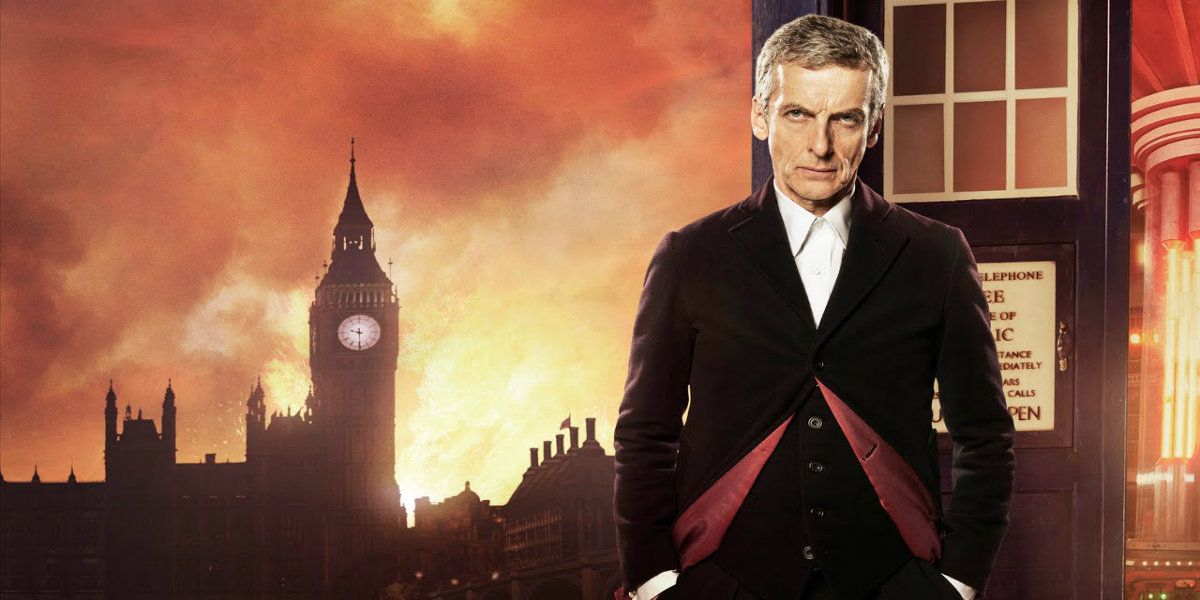One of the biggest differences between American and British network TV shows is the length of seasons. While most UK shows come in at around 8-10 episodes per season, network U.S TV shows usually go all out, producing seasons of 20 plus episodes in some cases (ex. Agents of S.H.I.E.L.D., The Flash) - something U.S. cable TV shows have increasingly moved away from (see Game of Thrones' 10-episode seasons).
Of course, within a U.S network TV season there is often a mid-season hiatus but even so, it means cast and crew of a show are often filming for the majority of the year, leaving little time for anything else. Meanwhile, though shorter TV show seasons can seem to be over all too soon, one could argue that it only serves to build excitement and anticipation for the next season to arrive - even if that does seem to be an inordinate amount of time.
In the case of Doctor Who, most seasons have come in at around 12 episodes each, and recent comments by Peter Capaldi seem to suggest that will remain the case - as he feels to increase the number of episodes would compromise on the storytelling.
Speaking at the Radio Times Festival in London, Capaldi told The Mirror (via Cinemablend) that there would be no question of doing two series per year, because everyone would be too tired.
“We’ve been going since January 6 and the crew, who are wonderful, are exhausted. There reaches a point where you can’t drive people any harder; we do the best we can to produce our show to an immensely high quality. If you did it all year round there would be casualties; one of the casualties would be the quality of the show.”
While there are some who would question the current quality of the Doctor Who storytelling anyway, especially with the same few issues seemingly focused on week in, week out (is the Doctor a good man?), Capaldi raises several valid points in defence of not doing more episodes.
Firstly, it is hard to continue to come up with diverse and interesting storylines for a show like Doctor Who on such a regular basis. The writers of the show need some time away, to focus on other projects (like Sherlock for Steven Moffat) or simply to recharge their brains and find some more inspiration from somewhere.
Then there’s the issue of cast and crew becoming overworked. The quality of the special effects used in Doctor Who has undoubtedly increased tenfold from the early days, when sets would wobble and humans in costumes would attempt to convincingly portray alien life forms. The uptick in quality is owing to advances in technology, but it still takes a lot of time and dedication to work on each episode - and as Capaldi noted, most of the year is already spent making the show, as is.
There’s also the question of whether the fans would want more episodes? Doctor Who is something of a British institution, something that fans look forward to arriving on our screens each Fall, culminating in a Christmas special. Within each season, though some episodes are weaker than others, there are often strong, compelling storylines that keep us hooked, prompt discussion and stay with us long after they have aired. If this was compromised in an effort to produce more episodes, would the show still hold the same appeal?
NEXT: 10 Underrated Doctor Who Episodes
Doctor Who season 9 continues this Saturday with 'Under the Lake' on the BBC and BBC America.
Source: The Mirror [via CinemaBlend]


